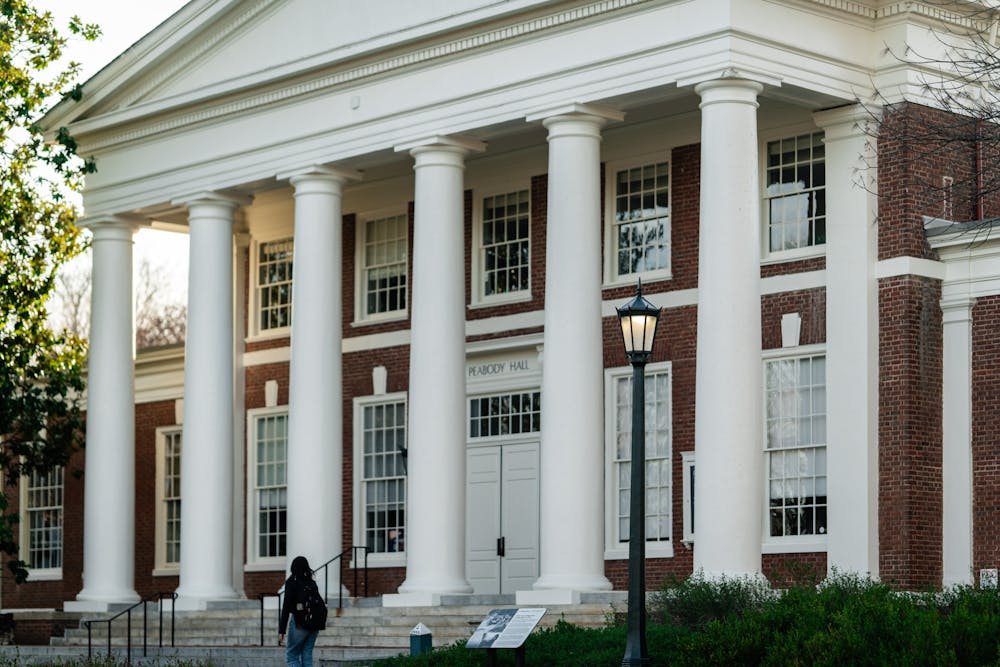The University offered admission to 1,993 regular decision applicants March 15, bringing the overall acceptance rate for the Class of 2028 to 16.38 percent. This marks a slight increase in acceptance rate from last year, when the University accepted a total of 9,190 students out of 56,439 total applicants for an acceptance rate of 16.2 percent.
A record-high total of 58,995 students applied for the Class of 2028, with 16,867 applying during the regular decision cycle. The University received 56,439 total applications for admission the year prior, marking a 4.43 percent increase between this year and last.
Regular decision is a non-binding option that provides students with more time to complete their application than other application options — this later cycle also allows students to submit their fall semester grades from their senior year of high school. While early action and early decision applications were due Nov. 1, regular decision applications were due Jan. 5.
Out of this year’s regular decision applicants 22.26 percent were Virginians, while 77.74 percent were from out-of-state. 56 percent of total offers for the Class of 2028 were made to female applicants and 44 percent were made to male applicants. Offers for the Class of 2028 were made to students from 55 U.S. states and territories, and from 86 countries.
For the regular decision cycle, 1,478 students were offered admission to the College of Arts and Sciences. Additional regular decision offers included 44 offers of admission to the School of Architecture, 24 for Kinesiology, 396 for the School of Engineering and Applied Science, and 51 for the School of Nursing.
First-generation students received 16.65 percent of the total admission offers for the Class of 2028. According to University spokesperson Bethanie Glover, information on admitted students with parents who graduated from the University won't be available until after waitlists are resolved this summer.
A total of 12,072 applications for students who meet financial aid criteria had fees waived for the full application cycle. The University was unable to provide data on applicants with Pell Grants due to delays in receiving FAFSA information, which helps determine the financial aid packages universities offer to accepted students. The University announced in February that the deadline for the Class of 2028 admittees to accept their offer of enrollment would be extended from May 1 to May 15, citing these delays.
The University did not provide data on the racial breakdown of admitted students to the Class of 2028. This application cycle is the first to take place after the Supreme Court of the United States ruled against race-conscious admissions at Harvard and the University of North Carolina in June, ending the practice of affirmative action in the college admissions process. According to Greg Roberts, associate vice provost for enrollment and undergraduate admission, complete data on the racial makeup of the Class of 2028 will likely not be available until July, as admissions officers are not given information on applicants’ races until waitlists close in order to avoid any possible selection bias.
The University’s Days on the Lawn events, which offer school-specific programs for newly admitted students to become familiar with the University, will take place over four days in April — Apr. 1, Apr. 5, Apr. 13 and Apr. 19. All admitted students will have until May 15 to accept their admission offer.







